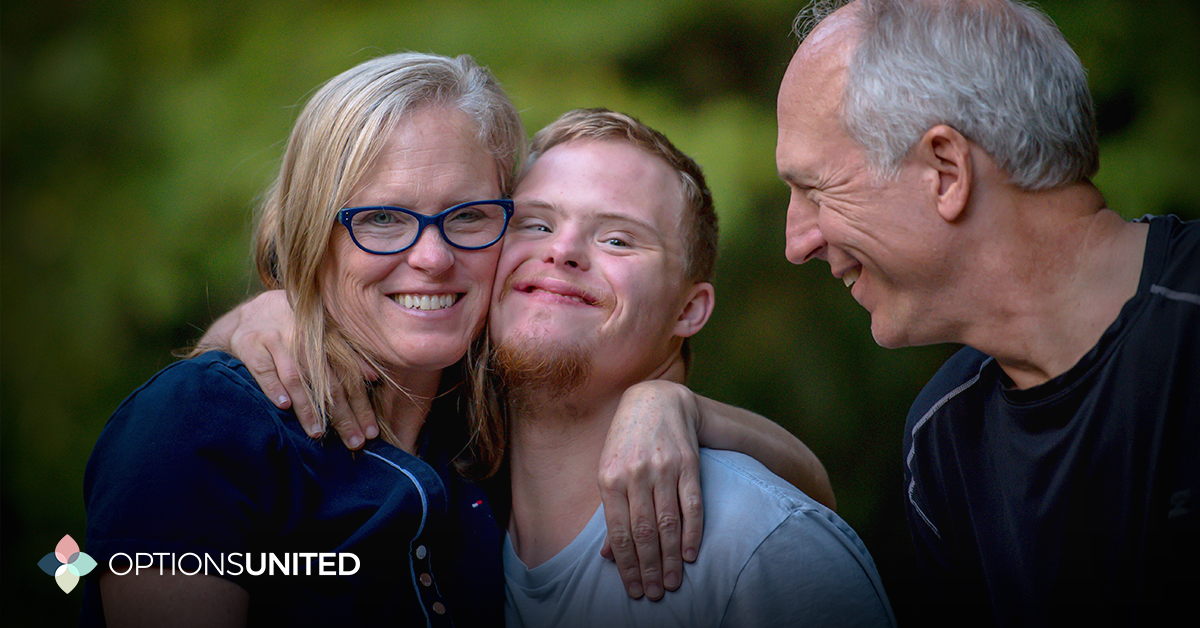In a video documentary by CBS News Reports, reporter Elaine Quijano travels to Iceland where close to 100% of babies in utero who screen positive for Down Syndrome are aborted. About 85% of women choose to undergo the screenings.
Elaine interviewed a hospital counselor who tells women “This is your life. You have the right to decide what your life will look like,” and insists that what they are doing is “preventing suffering”.
In stark contrast, Elaine also meets with Icelanders who have Down Syndrome. One such young woman feels discriminated against, “They [her fellow Icelanders] only see Downs. They don’t see me.” Her mother is thrilled to see her thriving as a young adult woman. When reflecting on when she was first born, she says, “I didn’t have the imagination then.”
She didn’t have the imagination.
She couldn’t foresee the joy and the growth that her daughter would experience and that she would bring to her family.
The struggle to stop abortion has taken on new proportions in recent months as terrifying statistics about the high abortion rate of in-utero babies with Down Syndrome have gotten more attention. In Denmark 98% are aborted, in France the rate is 77%, and in the U.S. it is 67%.
Disability-rights advocates decry abortion of babies with Down Syndrome as discriminatory. People with Down Syndrome often live full, happy lives — as the young woman in the CBS story says, they are not defined by the fact that they have Down Syndrome. Because they have a disability does not mean they are any less worthy of life.
Pope Francis has addressed this several times, most recently this past summer in his address to the Delegation of Family Associations in June. In the address, he spoke of when children with disabilities are aborted in order to have a “good quiet life”. The Pope lamented the elimination of people deemed not-worthy. “In the last century the world was scandalized by what the Nazis did to ensure racial purity. Today we do the same thing, but wearing white gloves.”
Down Syndrome is not a death sentence, in fact it is very often an invitation to a different kind of joy. Yes, people with Down Syndrome can have physical and intellectual limitations. In an essay written by a mother of a baby with Down Syndrome she describes her life as if she had planned an extensive trip to Italy but landed in Holland instead.
“…There’s been a change in the flight plan. They’ve landed in Holland and there you must stay.
The important thing is that they haven’t taken you to a horrible, disgusting, filthy place, full of pestilence, famine and disease. It’s just a different place.
So you must go out and buy new guide books. And you must learn a whole new language. And you will meet a whole new group of people you would never have met.”
Her point is that having a baby with Down Syndrome is unexpected but opens a whole new world you may never have seen.
Choosing to abort a baby because it has screened positive for Down Syndrome is in effect stating that to be fully “human” excludes those who fall outside the spectrum of “normality”. This judgement on “full humanity” is in-step with the eugenic campaigns that sought to “purify” the human race, that passed judgement on who was worthy of life.
By discounting the humanity of the disabled, we lose our own humanity.
Jean Vanier, the founder of the L’Arche communities for people with and without intellectual disabilities, has written of the profound power that people with Down Syndrome have.
“People who are not endowed with intellectual gifts have other unique and marvelous gifts of the heart, and can open us to love in a special way. They are not crying out for advancement or knowledge or power, but simply for a personal relationship of love that will give their lives meaning…”
They can open us to love. Options United is working so that the day will come when all will be open to the immense joy and love that children, all children, bring. The issue here is not whether one has the right to choose a “nice quiet life” but rather if eliminating those less-capable dehumanizes ourselves.

